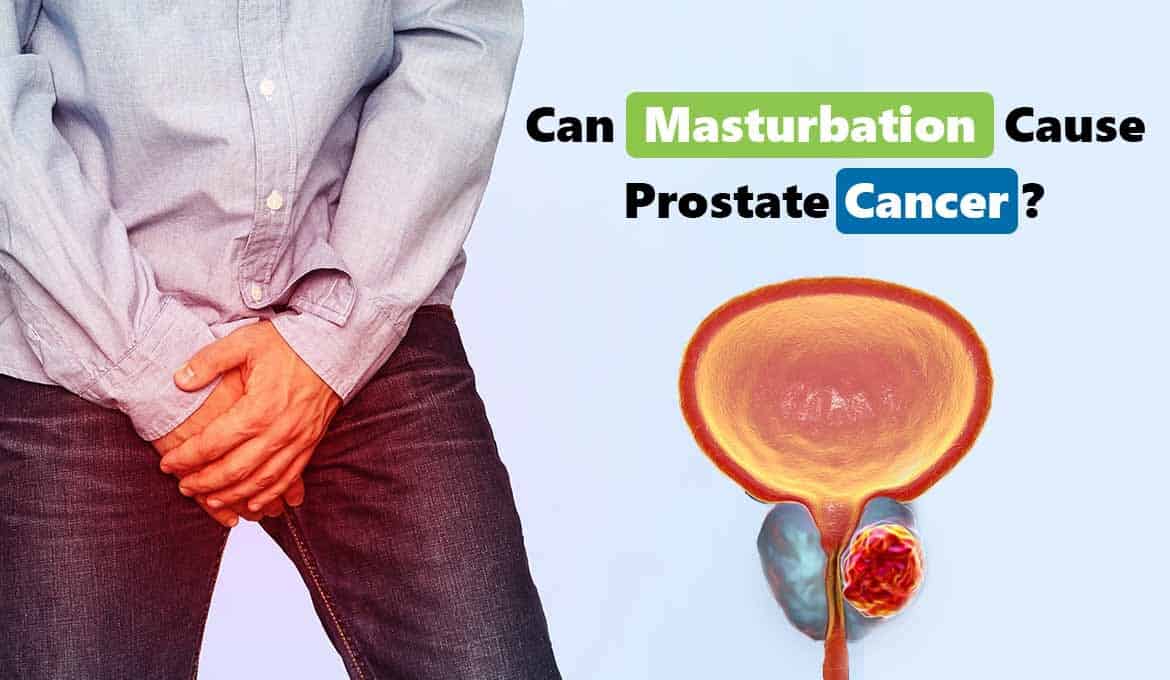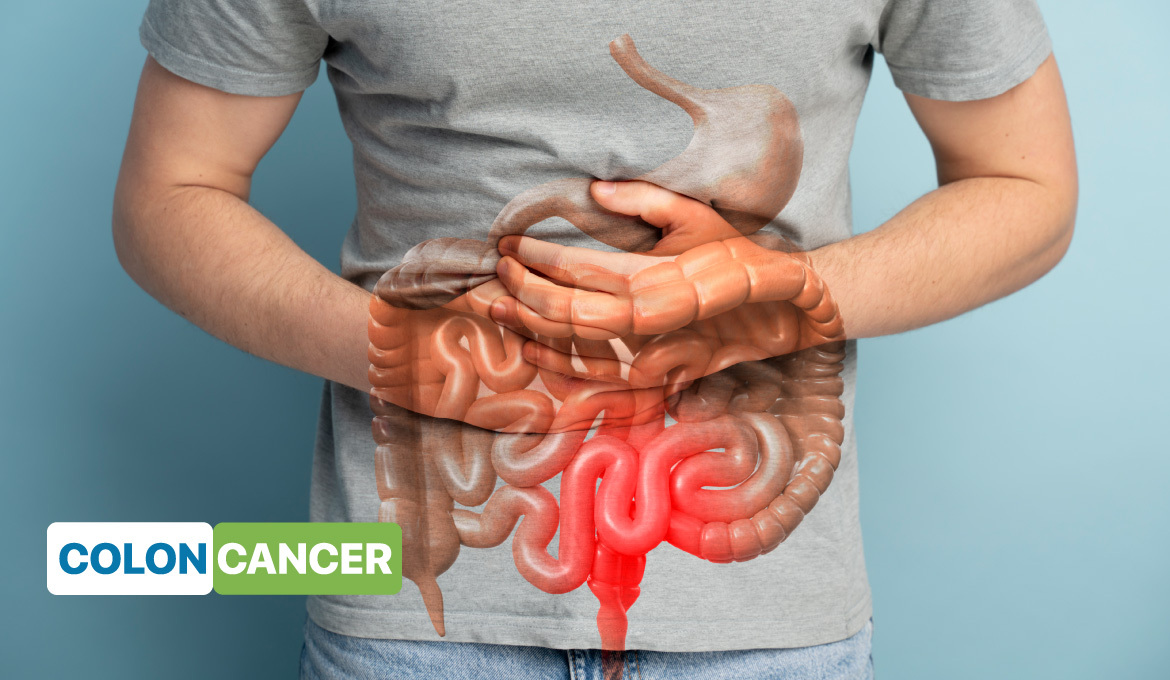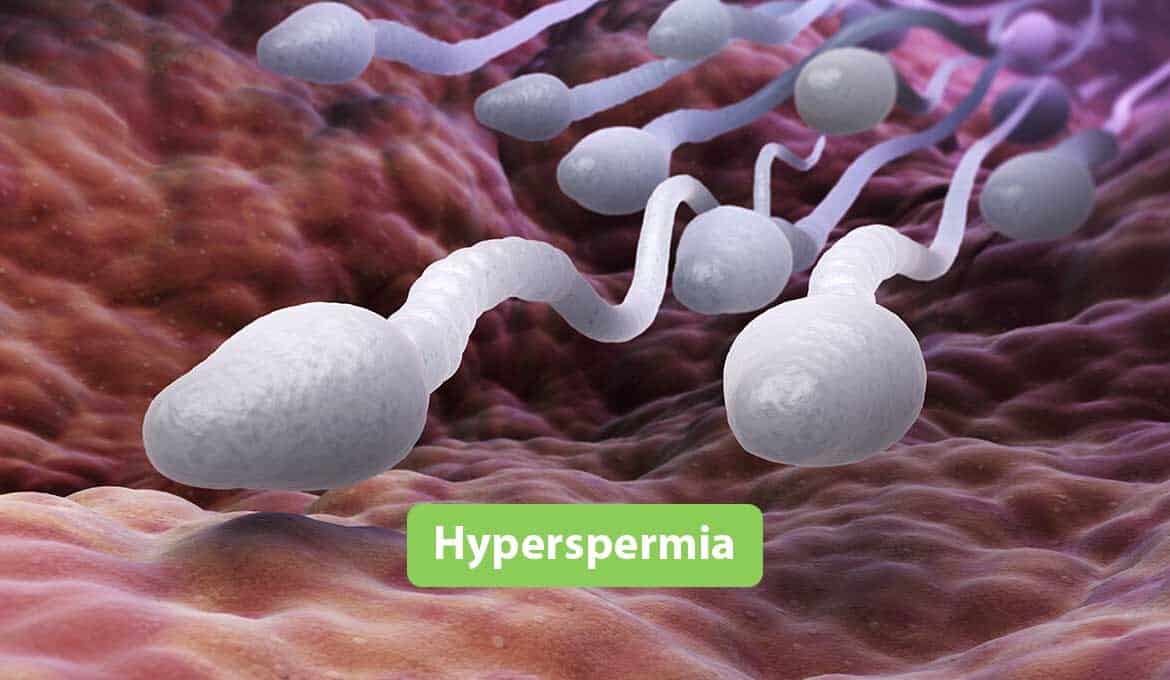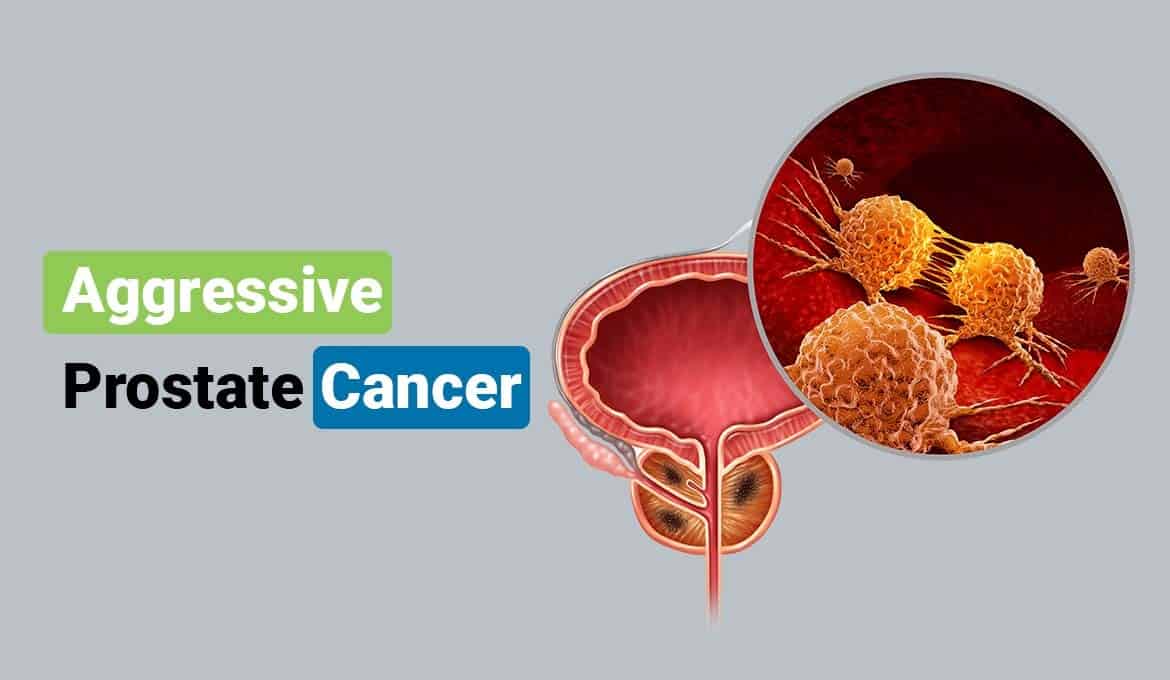
Masturbation is an everyday sexual activity that is typically considered safe and healthy. It provides pleasure and is shown to have several health benefits, including reducing stress and promoting relaxation. However, there is a persistent myth that masturbation can cause prostate cancer.
What is masturbation?
Masturbation is the self-stimulation of the genital organs, typically to the point of orgasm. It is a common and generally safe sexual activity that has many health benefits and is generally done by an individual alone. It can also be done with a partner or manually, with the use of sex toys, or through the use of fantasies or other stimuli.
Do most people masturbate?
Many people masturbate even if they don't talk about it. There is no difference in age or gender. Men masturbate for various reasons. It helps them relax, helps them understand their bodies better, and releases sexual tension if their partner is away. Some people think that only single people masturbate, even though it has nothing to do with being single or in a relationship.
How often do people masturbate?
Some people masturbate often, some occasionally, and some never. Different people have different methods of masturbating, and there is no standard method.
Is masturbation good for health?
You must have heard that masturbation is bad for health as it causes hair loss, weak eyes, shrinking genitals, infertility, etc. Some people think that if they start masturbating, they will get used to it. However, in terms of fundamental biology and medical science, there is nothing like that.
Masturbation is not harmful to health. It is suitable for your health—for both body and mind. If noticed, this is the safest method with no risk of pregnancy or sexually transmitted diseases.
Orgasm releases endorphins in the body, reducing pain and making a person happy. It doesn't matter if it occurred through sex with someone else or within yourself.
There has been a lot of research on this subject, from which we know that masturbation reduces sexual tension, reduces stress, improves sleep, and increases self-esteem or self-esteem in humans; their body image improves.
According to some research, it reduces the risk of prostate cancer in older men. In women, masturbation reduces menstrual pain and discomfort and strengthens the pelvic floor muscles.
As we know, women who have had multiple vaginal births develop urinary incontinence due to weakness in the pelvic floor muscles, which means they leak urine if they cough. This is a widespread problem.
Masturbating also lets men know what they like in sex. It is not possible to understand yourself with someone else without understanding yourself.
People who can easily talk about this with their doctor or partner will get the courage to make important decisions about sexually transmitted diseases and pregnancy.
As you may know, Pakistan is among the countries with the highest maternal mortality rate during childbirth. Humanity cannot be served by making the normal human system a strange and prohibited subject to discuss.
Does masturbation harm your relationship with your sexual partner?
This does not happen in a trusting relationship where there is open communication, but it can improve the relationship.
I read in many places how offensiveness is increasing with sex toys with these cell phones. The morals and health of the youth are being destroyed by mastery. However, there is no such thing.
This is not a new 21st-century trend. If every human starts to take care of himself and remove from his heart the desire to control the lives of other human beings, the good of humanity is possible.
How much masturbation is “too much”?
Some people often masturbate, some every day, several times a day, some once a week, some once in several weeks, and some occasionally. Some people never do. These are all completely normal things.
If you look at this from the physiology point of view, someone can't masturbate too much. The human body already has a refectory period that requires a break. This defense system is already in place. You think that among women, semen does not ejaculate. How will this philosophy apply to them?
Masturbation will only be considered too much when it interferes with your job, responsibilities, and social life. If so, you can consult a counselor or a psychiatrist.
Many people have heard from childhood that masturbation is nasty or dirty. Or there is a sin. Therefore, it gets stuck in their mind, and they feel guilty for masturbating. Although this is a normal thing, even if one does not do it by himself, he falls asleep. This is also completely normal in all human beings.
Why is this false information spread that masturbation causes diseases?
Why is a normal human system called sin? Why are false scientific claims made without evidence?
Those who are spreading false information sell medicines by misrepresenting a normal thing as a disease. There is no prohibition in the Talmud for women, but there are instructions for men not to waste precious seeds.
Religious leaders sell religion by saying these ordinary things are sins. They have no interest in women's health, children's health, or happiness.
Overview of Prostate Cancer
Prostate cancer can occur in the prostate, a small gland in the male reproductive system. The prostate gland can be found beneath the bladder. It covers the urethra, which is responsible for collecting urine and sperm. The gland produces a fluid that mixes with sperm to form semen.
Prostate cancer is the world's second most common cancer in men. Worldwide and the risk of developing prostate cancer increases with age. In comparison, it can be severe and potentially life-threatening.
The lack of scientific evidence linking masturbation and prostate cancer
Several studies have investigated the potential link between masturbation and prostate cancer, and the results consistently show no causal relationship.
For example, a study reported in the Journal of the American Medical Association followed a large group of men for over 20 years and found no association between the frequency of ejaculation (including masturbation) and the risk of prostate cancer. Other studies have also found no link between masturbation and prostate cancer.
Known risk factors for prostate cancer
Age
Age is a known risk factor for prostate cancer. The risk of budding prostate cancer increases with age. Prostate cancer is most commonly spotted in men over 50, and the risk of developing the disease continues to increase with age.
Family history
Family history is a well-known risk factor for prostate cancer. A father or a brother who has had the disease is at a higher risk of developing prostate cancer. The risk of developing prostate cancer is more significant in men with a first-degree relative (such as a father or brother) with the disease, and the risk increases if more than one first-degree relative has had prostate cancer.
Ethnicity
Ethnicity is a known risk factor for prostate cancer. African American men are at a higher risk of developing prostate cancer, are more likely to be detected at a younger age, and have more aggressive forms of the disease.
Other ethnicities at an increased risk of prostate cancer include Caribbean men of African descent and Scandinavian descent.
Confusion of normal physical sensations with symptoms of prostate cancer
There is a misconception that masturbation can cause prostate cancer. One possible explanation for this is that some people may confuse the normal physical sensations that can occur during masturbation.
For example, frequent urination and difficulty urinating can be symptoms of prostate cancer, but they can also be a regular part of the sexual arousal process.
If you are experiencing any unusual or persistent changes in your prostate or urinary health, you must talk with a healthcare professional to determine the cause.
It is also essential to be conscious of the known risk factors for prostate cancer, which include age, family history, and ethnicity.
The importance of seeking medical attention for unusual or persistent prostate or urinary symptoms
It is essential to pursue medical attention for unusual or persistent prostate or urinary symptoms, regardless of whether or not they are linked to masturbation.
While masturbation is considered safe and healthy, it is essential to be informed of prostate cancer's symptoms and seek medical attention if you experience any unusual or persistent changes in your prostate or urinary health.
Prostate cancer is a severe illness that can have significant health consequences if it is not detected and treated in its early stages. Some of the symptoms of prostate cancer may include difficulty urinating, frequent urination, discomfort or pain in the prostate area, and blood in the urine or semen.
These may also include prostate inflammation (prostatitis), an enlarged prostate (benign prostatic hyperplasia), or a urinary tract infection.
Conclusion
Masturbation is touching your body for sexual pleasure, whether or not you have sex with other people. Since genitals are related to life, it is a normal and natural procedure in which babies start touching their genitals in their mother's womb.
If you see a young child touching your genitals, do not scold or spank them; just explain that it is normal but something to do in privacy. Masturbation is routine and has many medical benefits. No scientific evidence supports the claim that masturbation can cause prostate cancer.
Several investigations have been carried out to examine the potential link between masturbation and prostate cancer, and the results have consistently shown no causal relationship between the two.
Risk factors for prostate cancer include age, family history, and ethnicity. If you are involved in your risk of prostate cancer, you should consult a doctor.
FAQs
1. Can masturbation cause prostate cancer?
No, there is no scientific evidence to support the claim that masturbation can cause prostate cancer. The myth that masturbation can cause prostate cancer is not supported by scientific evidence and is not considered accurate.
2. Is masturbation safe?
Masturbation is considered safe and healthy when done in moderation. It can provide pleasure and has been shown to have some health benefits, including reducing stress and promoting relaxation.
3. What are the symptoms of prostate cancer?
Prostate cancer symptoms may include trouble urinating, frequent urination, discomfort or pain in the prostate area, and blood in the urine or semen.
4. What are the prostate cancer risk factors?
Age, family history, and ethnicity are all risk factors for prostate cancer. African American males are at a higher risk of acquiring prostate cancer, being diagnosed at a younger age, and having more severe types of illness.
5. How can I protect my prostate health?
If you are worried about your risk of prostate cancer, there are steps you can take to protect your prostate health. This may include regular prostate cancer screening, which can help detect the disease in its early stages when it is most treatable.
Read Also:










